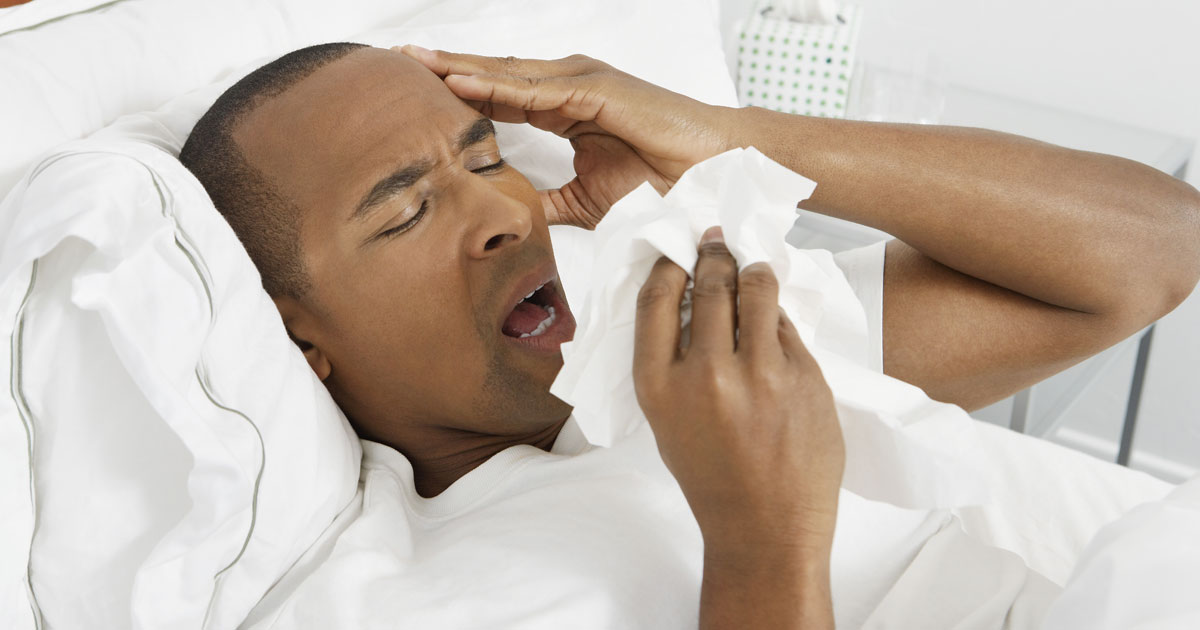Major Causes Of Post-Nasal Drip
Post-nasal drip is a symptom of many medical conditions. Worse than a runny nose, post-nasal drip involves the accumulation of mucus in the back of the throat. Normally, mucus is swallowed unconsciously, but patients with post-nasal drip may have the unpleasant sensation of mucus dripping down the back of their throat. Patients who have post-nasal drip may frequently clear their throats and may have a cough that worsens at night. Patients may also experience a hoarse voice, stuffy nose, bad breath, and sore throat. To determine the cause of post-nasal drip, primary care providers and ear, nose, and throat specialists will take the patient's health history and perform a physical examination. The majority of cases of post-nasal drip are not serious and resolve in a short time. If the physician suspects the post-nasal drip may be due to a bacterial infection, antibiotics may be prescribed. Patients who have frequent episodes of post-nasal drip may need more advanced treatments.
Let's explore some of the most common causes of post-nasal drip in more detail.
Viral Infections

Viral infections such as the common cold and the flu frequently lead to the development of post-nasal drip. Unlike bacterial infections, infections caused by viruses cannot be resolved with antibiotics. Common cold and flu symptoms include a headache, fever, chills, muscle aches, cough, runny nose, fatigue, and sneezing. While cold symptoms usually resolve within ten days, the fatigue caused by flu can last for several weeks. Patients are encouraged to drink plenty of fluids to help break up the mucus associated with viral infections, and certain over the counter medications can help reduce mucus production. Dairy products should be avoided when patients have a viral infection, as consuming dairy increases mucus buildup.
Keep reading for more information on the common causes of post-nasal drip now.
Cold Temperatures

Many patients observe an increase in their post-nasal drip and runny noses after exposure to cold temperatures. When exposed to cold, the mucus within the nasal passages warms and moisturizes air inhaled through the nose. The mucus protects the nasal passages from dryness and other damage due to the cold, and also protects the lungs. Some scientists believe the increase in post-nasal drip during the winter months may be related not just to the temperatures outside but also to the temperatures inside. Many buildings and homes are overheated during the winter season, and this often dries out and irritates the nasal passages, potentially making them more vulnerable to post-nasal drip. Patients should cover their mouth and nose with a scarf when venturing outside during particularly cold weather to avoid post-nasal drip due to cold temperatures. Inside the home, patients may wish to use a humidifier to keep their nasal passages moist and avoid excessive mucus production.
Learn more about the causes of post-nasal drip now.
